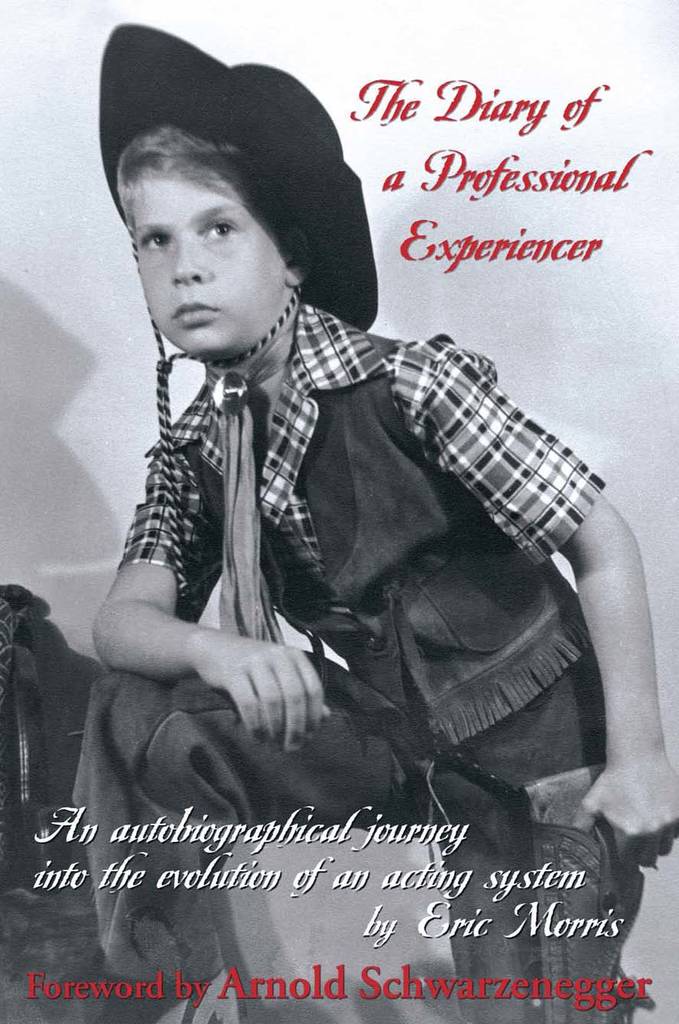Okay, so I debated whether or not to elaborate on this, because as much as I enjoy discussing Bobby's life, I don't ever want to turn this blog into a place of gossip or baseless conjecture. So before I present this topic, just allow me the disclaimer that I am simply "musing" about some facts surrounding Bob and wondering aloud about the unsaid.
Most of us know that Bobby carried on a romance with Suzanne Stansbury, a French woman ten years older than him just after divorcing Marilyn. We can usually find, early on in our Bobby research, the articles everywhere about him having pistol-whipped a guy in her presence and the two of them having burgled an animal clinic.
So I went digging to find more stuff about her! Here are some things I found:
Flash of Eden - Paul Ferrara, p. 67.
This one obviously has some things wrong, such as the fact that -- as far as anyone knows -- Suzanne and Bobby weren't ever actually married, and he was presumably in prison at this point in Chino, not because of being "the great cat burglar of Malibu." I'll stop right here because I think it's pretty clear, from this article, that Suzanne was obviously not the sterling character she presents herself to be in the 1961 interview with Bobby we read over at
Bobbydriscoll.net. But it's not my goal on this blog to slander anyone, alive or dead. Suzanne simply had her issues like Bob had his.
When we read the 1961 interview, by the way, we see that Suzanne mentions having been left with an infant son "fourteen years earlier," which lent me to wonder if said son lived with her or not. The answer comes to us when we read this:
Oral History with George Herms - 1993
By the way, you might want to actually search on the page for Bobby's name (CTRL+F) to get where you want to go, but here we see that George and his family moved in with Bobby and Suzanne at one point, AND "Nicky", who would have been fourteen.
Which draws me to the subject of this blog post! What on earth might it have been like in that house for Bobby to have been a 14-year-old's almost-stepdad? He was only twenty-four himself at the time, really only old enough to have been this kid's older brother, yet he did live with them.
It makes me want to know, did they get along? Did Nicky resent Bobby's presence? Was he used to men coming and going in his mom's life, and therefore was pretty apathetic to the whole thing? Was he a troublemaker, off doing his own thing most of the time? One wonders about that part, only because it's obvious his home life with a mother who had an issue with drugs was likely very unstable.
I'd give anything to know more about this situation. There are two things apparent to me, however, after learning these things:
1) When he loved a woman, Bobby was all in, despite the baggage she might bring with her. Not only was Suzanne considerably older than him, she had a child from a previous relationship. Not JUST a child, either, but a teenage boy. How out of his element might Bobby have felt going into this? We are able to draw from the things we read about Bobby's character that we was relatively optimistic. Maybe he had the expectation that things would go well between him and Nicky, so he dived right in.
Now that being said, let me also be realistic and point out that often people make risky decisions when drugs are involved (and Suzanne was a fellow addict) and also lust. Suzanne was apparently a beautiful French woman who might have made Bobby feel a little addled when he was in her presence. So as much as I want to say his willingness to take on a relationship in spite of the challenges is a credit to Bobby's character, I have to admit that these other things could have been factors as well.
2) The other thing I thought of though was how quickly Bob offered hospitality to George Herms, who would have come with a wife and a small daughter. If things weren't already stressful enough in the Driscoll/Stansbury household, imagine throwing these people into the loop? It reinforces what many of us have already heard, that Bobby probably did have a big heart and was willing to help anyone, even if it meant piling people on top of each other in his (well, Suzanne's) house in Topanga Canyon. Plus, we know he bonded with the family, as he indicates as much in his later letter to Herms from Chino.
So it's just a few more nuggets of behind-the-scene information for us to make of what we will. There's not much of a way now to know the answer to the questions I've presented here, at least not unless Herms goes into this story during his interview for the documentary The Lost Boy. But it gives us lots of scenarios to wonder about, doesn't it?
I love these open doors -- no matter how small, or how vague -- into Bobby's life, particularly those elusive adult years.

